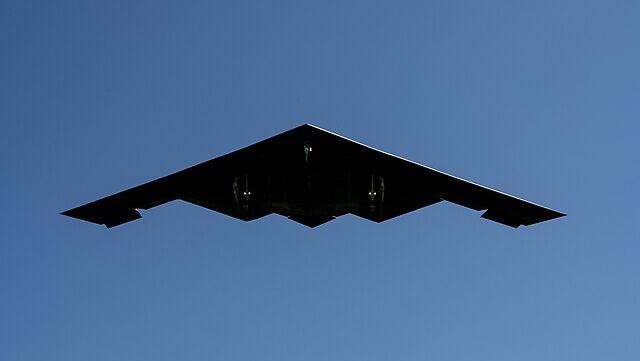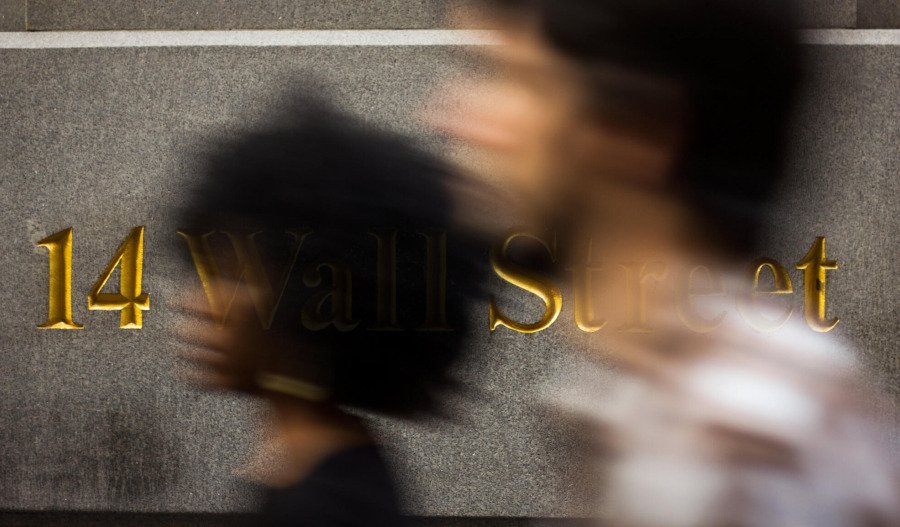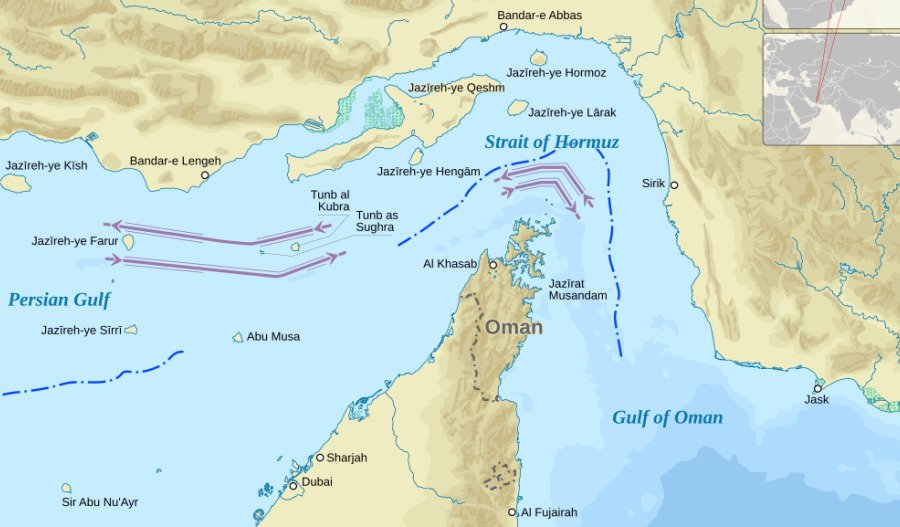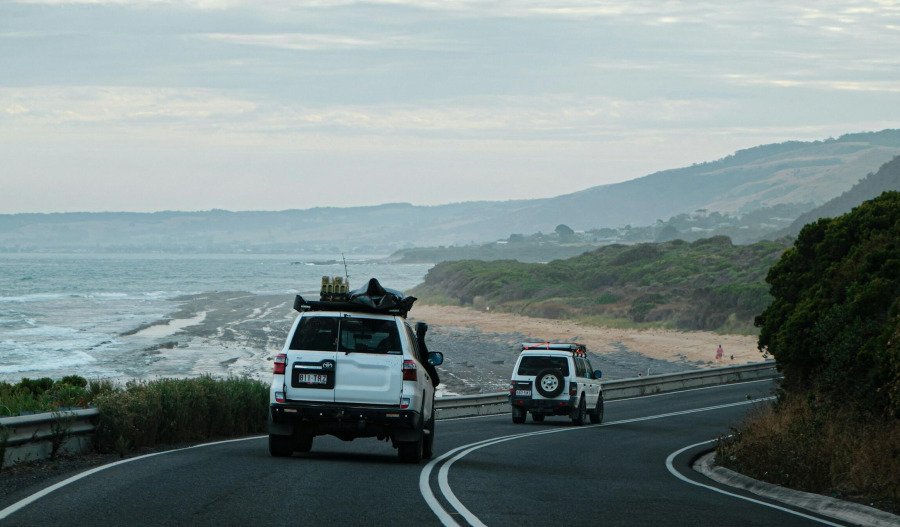Investor worries about the potential for Iran's conflict to spread globally are likely to send Australian share prices lower when the market reopens on Monday.
If mostly weak trading on Wall Street on Friday (Saturday AEST) was not enough to undermine confidence among investors on the Australian Securities Exchange (ASX) they learnt that the United States had bombed Iranian nuclear sites over the weekend.
With the world waiting for the Iranian response, futures trading indicated the Australian market barometer would be down 0.2% when trading gets underway at 10:00 am AEST (12:00 pm GMT Sunday).
The S&P/ASX 200 share price index September contract last traded 20 points below the previous settlement of 8,469 points, at the time of writing.
If any early losses are not erased through the day this would represent the fifth consecutive down day on the ASX, which had dropped 0.2% to 8,505.5 on Friday.
The S&P 500 and Nasdaq Composite ended lower on Friday while the Dow Jones Industrial Average edged up as the U.S. considered whether to get involved.
Confirmation came on Saturday when U.S. stealth bombers dropped bunker-buster bombs on the mountains above Iran's Fordow nuclear site to join Israel in the biggest Western military action against the Islamic Republic since the 1979 revolution.
While the Dow gained 0.1%, the S&P 500 fell 0.2% and the Nasdaq Composite lost 0.5%.
Burrell Stockbroking's wealth adviser Adam Dight said U.S. President Donald Trump appeared to be responding to claims that he did not have the nerve to take decisive action, which led to the taunt ‘Trump always chickens out’ (TACO).
“As soon as Trump became aware he was being referred to as TACO and China had given him the cold shoulder on trade talks, he wasn't having any wins in his own mind and wanted to do something tough to show he doesn't always chicken out,” he said.
Dight said he expected continued demand over the final six trading days of the 2025 financial year (FY25) for oil and gold stocks on expectations of higher crude oil and gold prices due to the escalating conflict.
He also saw buyers buying interest in interest rate-sensitive stocks, particularly those exposed to the housing sector, amid hopes that lower rates supporting the economy.
“You have to use the crisis to bottom pick and get set for FY26,” Dight said.
In the fixed interest markets, Australian bond yields fell 0.76% to 4.175% at the 10-year end of the curve and 0.46% to 3.264% on two-year paper.



